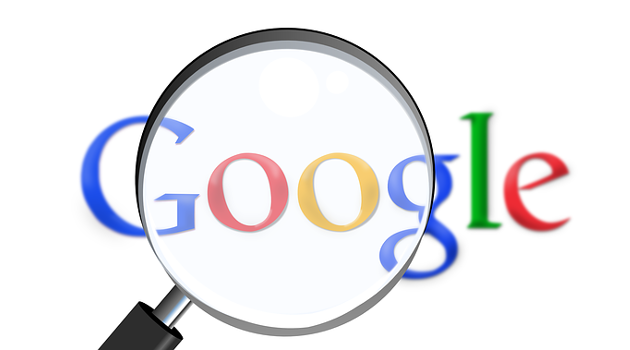This article originally appeared on The Daily Caller on May 20, 2016.
Google’s famous motto, “Don’t Be Evil,” was dropped last year from the employee code of conduct under new parent company Alphabet. In light of Google’s recent announcement that it will ban advertisements of small-dollar, or so-called “payday,” loans from its ad network, perhaps the motto instead needs to be updated with a reminder not to be elitist.
Google’s highly skilled workforce is unlikely to have first hand experience with such products, but millions of Americans every year make use of short-term, small-dollar loans. People turn to payday lenders not because they want to, but because they have bad credit or have exhausted all other options for dealing with unexpected expenses.
For those living paycheck-to-paycheck or without access to traditional banking, any unexpected expense can be potentially catastrophic. If the choice is between not fixing a vehicle needed to get to work, skipping the electric bill, or taking out a short-term loan, most will probably find the latter to be the least bad option.
Making it harder for consumers to connect with lenders does nothing to alter this demand, and instead makes it more likely that borrowers will be forced to rely upon shadier or even more costly services.
In the past Google has only prohibited either illegal or legally suspect services from using its advertising network. That’s a logical stance for a company seeking to balance connecting users with the information they desire and not running afoul of authorities. This latest move signals a change in that philosophy. Now Google apparently believes it should also be deciding what choices its customers should be making and filtering its presentation of information accordingly.
The move reeks of elitism, and an apparent belief that the poor are simply incapable of evaluating what is best for their particular financial circumstances.
As justification for its new policy, Google parroted the talking points of the Obama administration and its Consumer Financial Protection Bureau, the unaccountable federal agency that is currently contemplating rules that would wipe out the payday lending industry altogether. Google’s announcement claim that “research has shown that these loans can result in unaffordable payment and high default rates for users,” shows that the company is cherry-picking data to support a predetermined narrative.
Academic research does not support claims advanced by activists that the industry is primarily predatory or harmful. For instance, surveys reveal that users are typically not taken by surprise when they have to rollover, but rather know going in that it might take longer than a single term to pay down a particular loan. Similarly, research suggests that denying access to payday loans will harm those who currently use such products by forcing them to rely on more costly options like overdrafting.
Google has every right to decide the rules for its ad network, but despite their stated intentions its new policy will not benefit the poor.
There are better ways to help the poor than sneering at their choices and looking to further restrict their already limited financial options. For instance, Google could work to advance criminal justice reform so that police departments and the courts will no longer see trapping the poor in a cycle of tickets for minor infractions and late fees when they inevitably can’t afford to pay them as an easy revenue stream. It could also support pro-growth reforms and the removal of tax and regulatory barriers that make it harder to move up the economic ladder. Or perhaps better yet, it could focus on the business of delivering information to users and actually trust them to know what to do with it.

